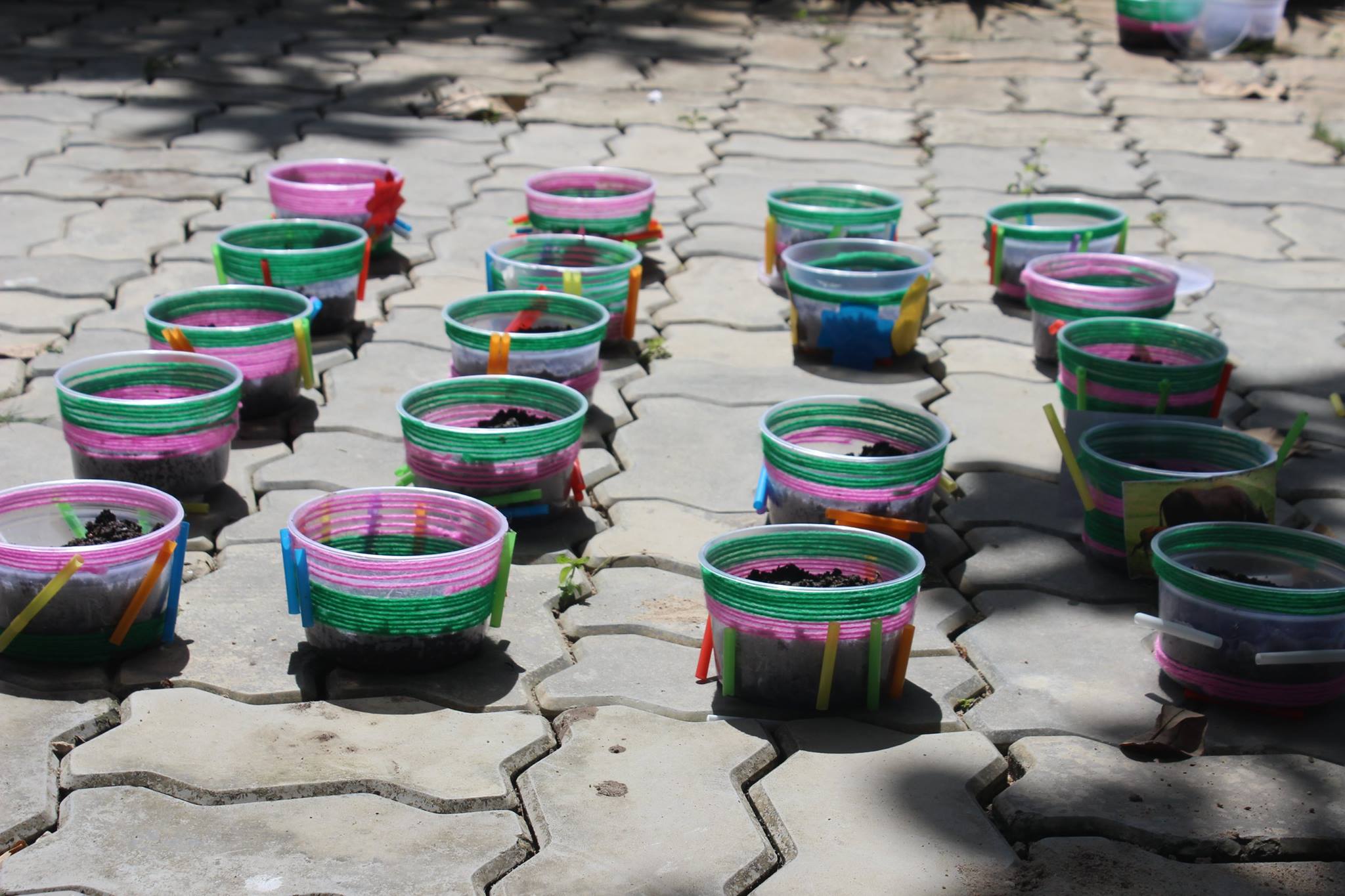Written by Aisha, United Nations Volunteer
WHAT IS NEURODIVERSITY?
Neurodiversity is the idea that there’s a variation in the way people’s brains work and how they experience, understand, and interact with the world. Most children’s brains develop in ways seen as typical for their age and stage. They are described as neurotypical.
HOW DOES NEURODIVERGENCE PRESENT ITSELF IN KIDS?
Neurodivergent kids, on the other hand, have variations in their brains. This could come in the form of dyslexia, dyspraxia, autism, and ADHD - to name a few. They usually struggle with planning and staying focused in the case of ADHD; spelling, reading, and writing in terms of dyslexia. This means they react to stimuli in other ways than what is considered normal.
They tend to have unique perspectives on things ordinarily missed by a neurotypical person. They spot trends and patterns, and lean towards the creative and artistic side, with enhanced senses due to their fixation on details. Personally, I’d like to think of them as special kids with the superpowers to change the world.
Amongst famous neurodiverse people that went on to achieve great feats are; Albert Einstein and Henry Ford, who were believed to be dyslexic, Richard Benson who struggled with both ADHD and dyslexia but despite this went on to build Virgin Atlantic Airlines, Bill Gates who had learning difficulties in school but founded one of the biggest tech companies in the world - Microsoft.
HOW TO CARE FOR NEURODIVERGENT KIDS?
Support them at home
The home is the first foundation of your child’s support system. It’s their safe space, where they can be themselves without judgment. Listen, empathize and validate their emotions and problems. They need to know it’s okay to not be like the other kids…there’s nothing wrong with being different.
Reframe the pathology
There are a lot of misconceptions about neurodivergence. Instead of being focused on the negatives, look out for the positives in hyper-focused patterns. Consider how this can make them experts.
Outlets or sensory sensitivities
Have stress outlets such as chewy tubes, squeezy balls, pin arts, markers and paper, Rubix Cube, fidget spinners, and sensory rings, handy. As an adult, I usually fidget a lot and I’ve found fidget spinners to be especially helpful.
Have a routine set
Establishing structure in their everyday routine can help to reduce everyday stress. Having a routine lowers unexpected surprises that may disrupt the rhythm you’ve built.
Positive reinforcement and reward system
Have a reward system in place to celebrate little as well as big accomplishments. Praise them often, especially when they fail, because that’s when they need it the most. Be your child’s number-one cheerleader.
Find a community/support system
Find a community of other parents with neurodivergent kids. Having a community of parents and kids going through the same experiences, learning, and supporting each other in a non-judgmental environment can be very helpful.
Take time for yourself
Caring for special needs kids isn’t the easiest task in the world. It requires intentionality, sensitivity, and commitment. It’s fine to get burned out. Your feelings are valid. Take a walk, sing in the shower, or just take a minute for yourself. You are doing enough, and you are doing a good job in moments where you feel like you’ve failed your kid, focus on the positives and look back at how far you’ve come. Celebrate the small wins, and forgive yourself. No one gets it right 100% but as long as we’re putting in effort and doing our best, even 40% is good enough.
No one knows your kid better than you. Choose a method that works best for YOUR child above all else.
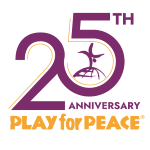

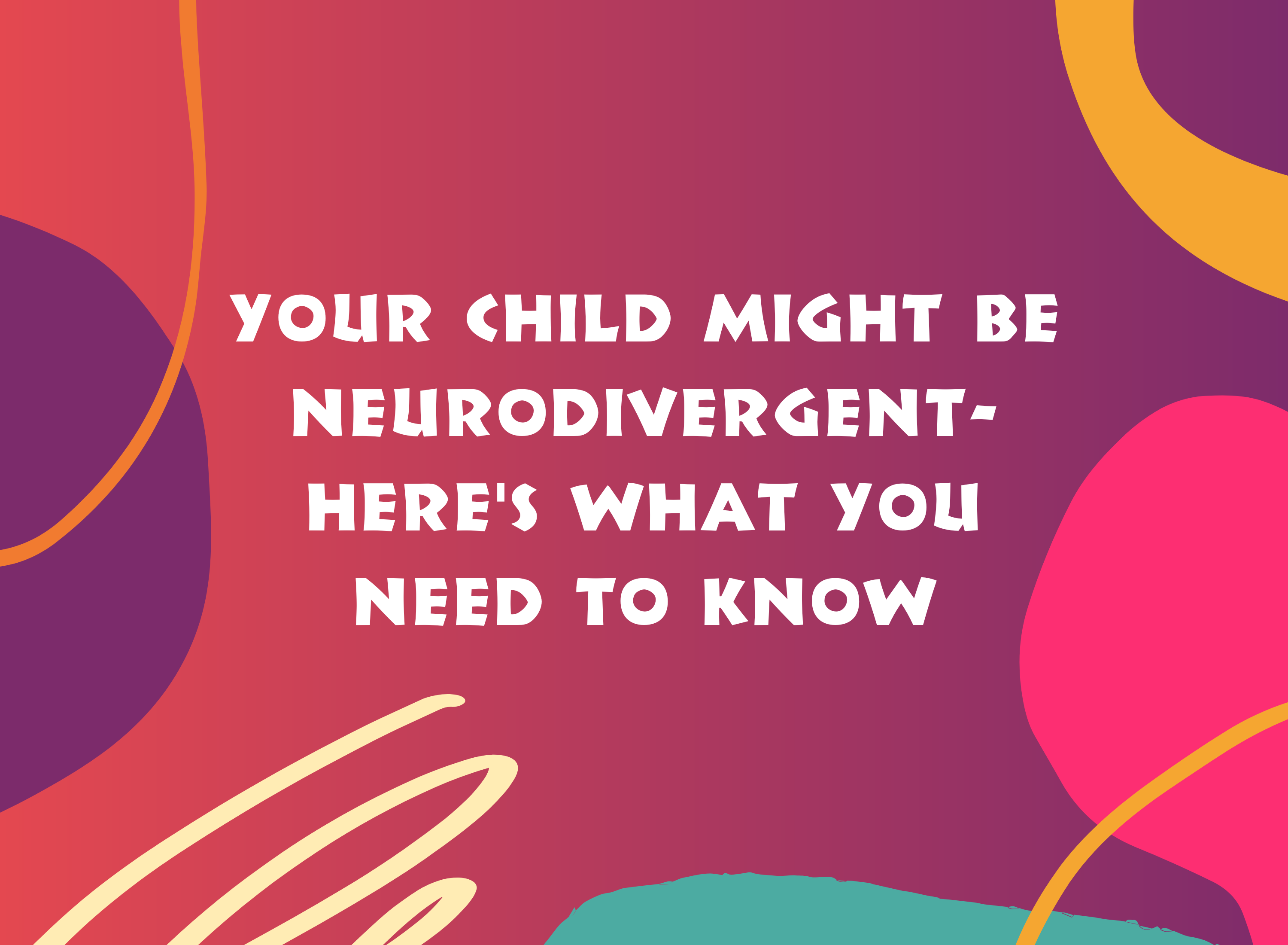
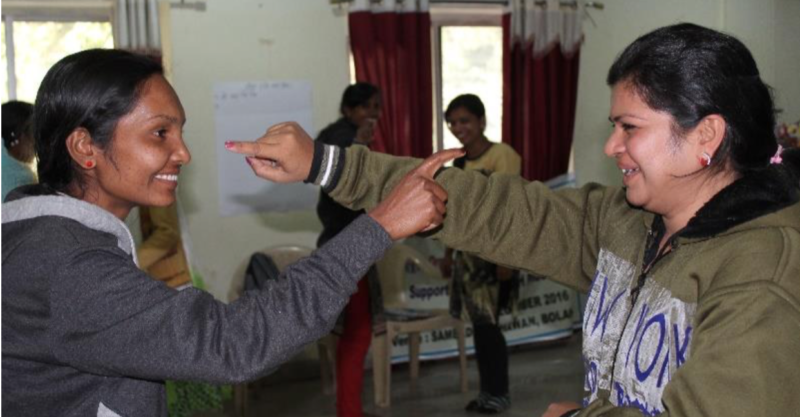

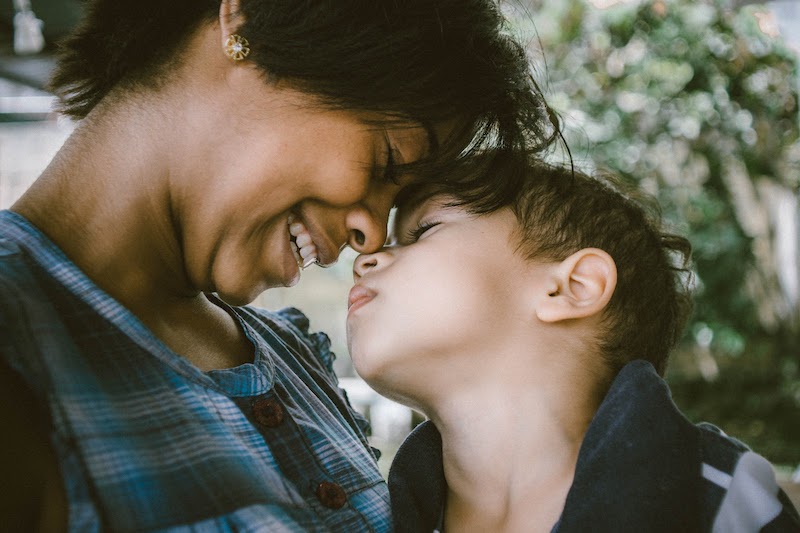

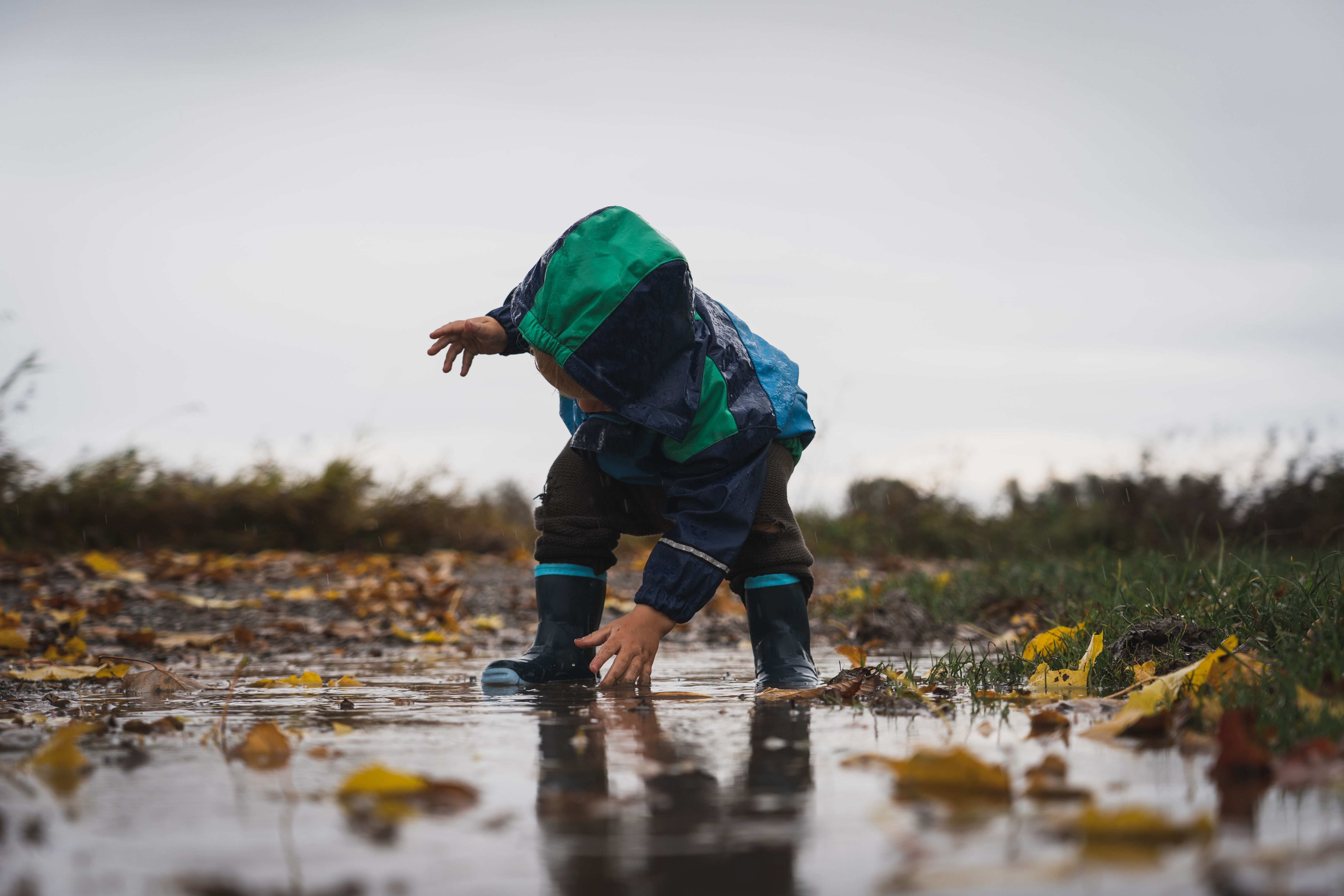
 [Copy 27977271].png)
